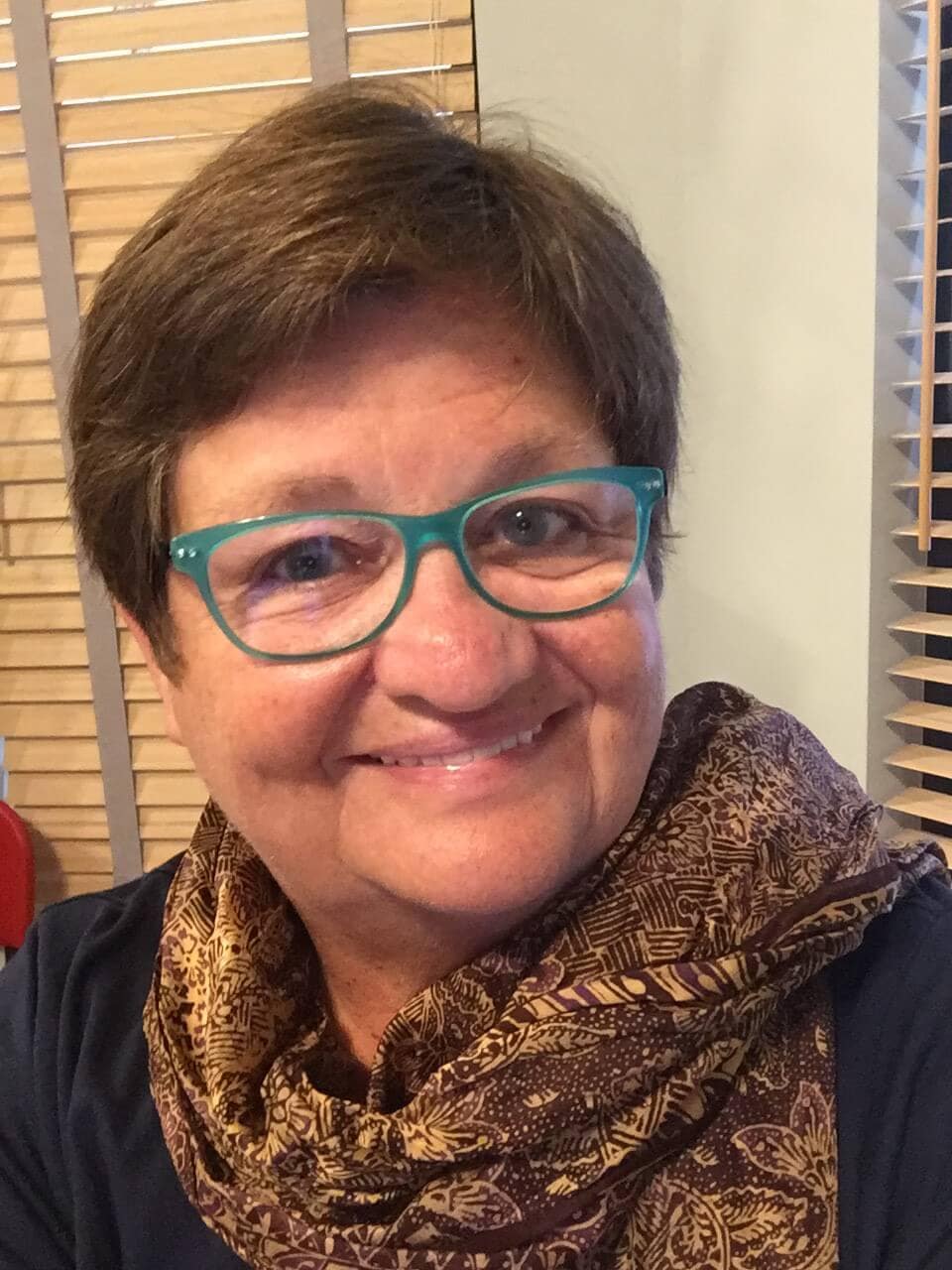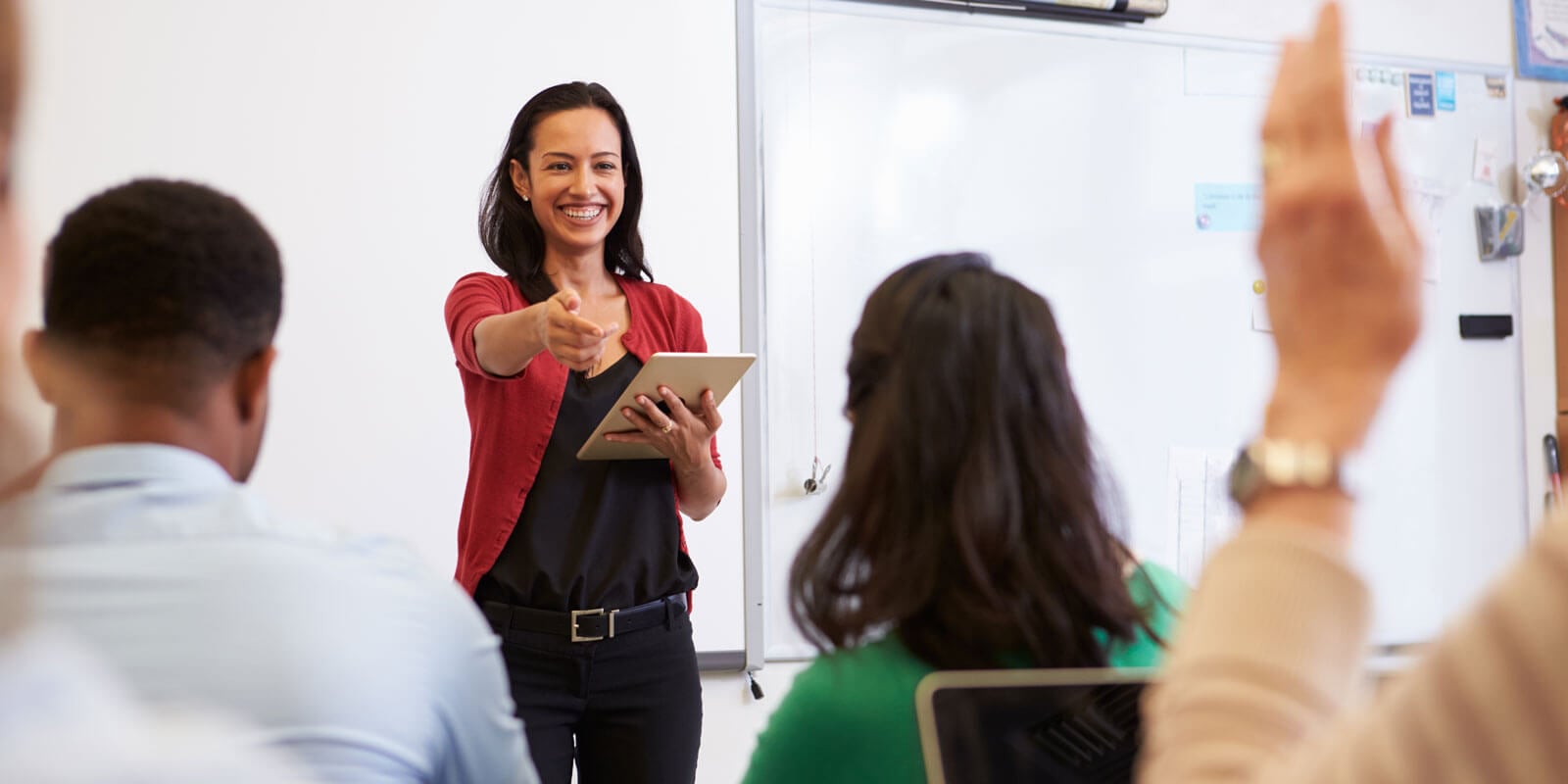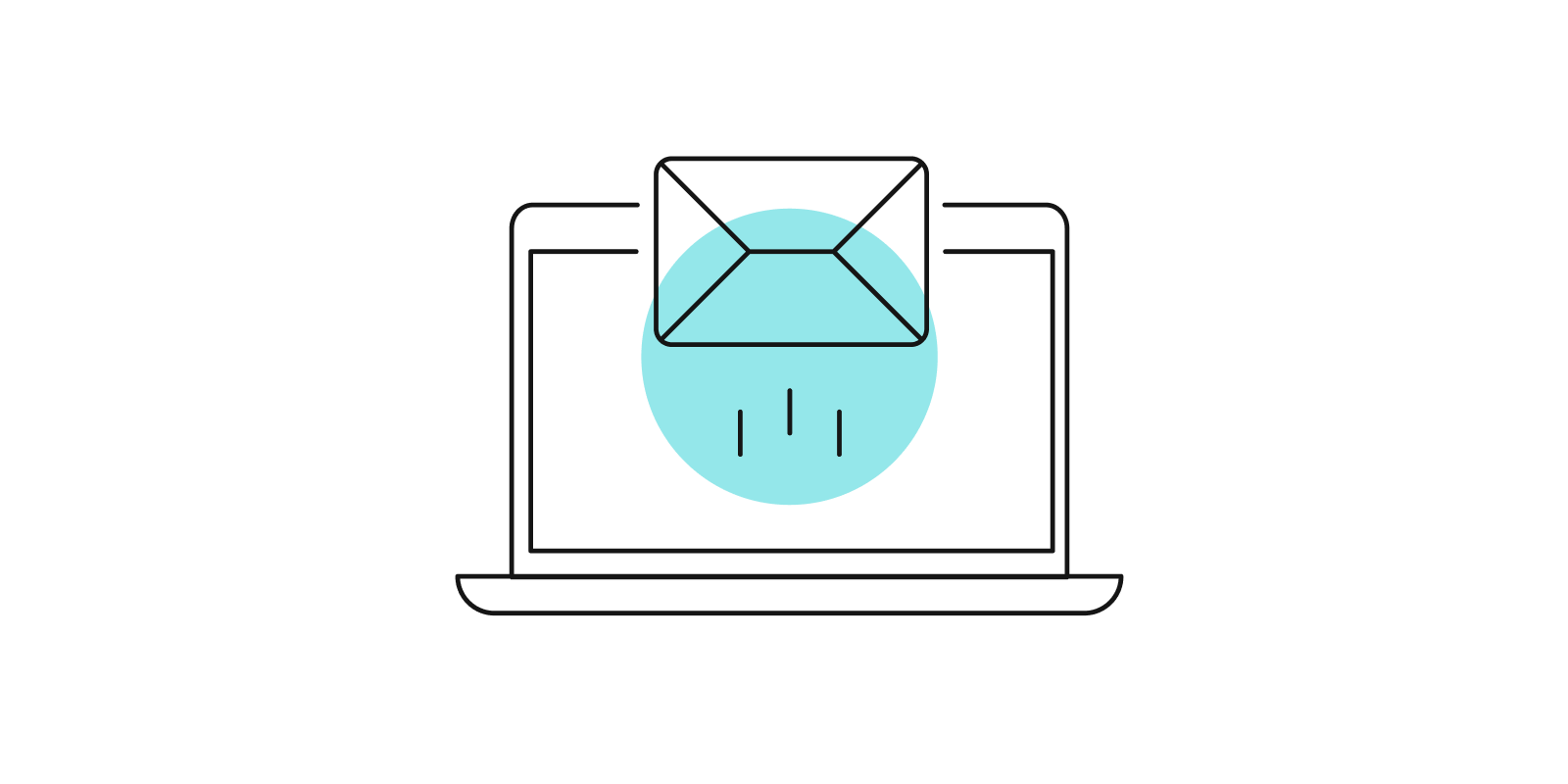
Tips to Help Instructors Feel Inspired at the Start of a New School Year

They’re BAAAAAAAAACK!
We survived teaching through the COVID-19 pandemic, teaching in the early days post-pandemic, and this year we thought we would be returning to some new normal in our classrooms.
But wait, there are new (and not so new) mine fields I’m expected to navigate?!
- ChatGPT??
- Political climates influencing what and how we teach??
- Continuing updates to accessibility??
- Commitments to inclusive teaching??
I feel a weariness creeping in as I struggle to stay enthusiastic about this new school year. So, I sought solace from like-minded educators and sources to help renew my excitement and confidence about stepping into the limelight with a whole new, unknown group of students.
I found this quote from a fellow teacher.
“College teaching is more than a job. It’s a calling, a vocation, and a mission, with distinct responsibilities. We aren’t meeting those responsibilities if we don’t design meaningful learning experiences; create engaging, immersive activities; and serve as a coach, role model, adviser and, when appropriate, confidant. Those of us who are privileged to hold such a position have a duty, a moral obligation, to provide the support and scaffolding that our students need. In the new year, let’s rededicate ourselves to the goal of bringing many more students to a bright future.”
- Steven Mintz, professor of history at the University of Texas at Austin.
With these motivational thoughts in mind, I decided to develop a list of resolutions to keep on my desk as I design and redesign the three psychology courses I will teach this fall.
- I won’t start designing with a singular focus on the course content (PSY 2012, 2013, 2014). I will begin my design with the outcome as my focus. What is essential for my students to walk away with following the conclusion of the unit, the chapter, the course?
After Chapter 2, I want my students to appreciate how the lived experiences of famous psychologists defined what they studied and how they interpreted their findings. I also want them to think about how they lived experiences of each of us can both enlighten and limit how we view new information.
- I will design with my students’ future trajectories in mind. Again, not designing just for the mastery of course content. Most of my students will not go on to become psychologists. Why should they take my course, and what insights will they gain?
At the conclusion of the psychological disorders chapter, I want students to understand the pitfalls of diagnosis, as well as the benefits for those with serious mental illness. I want them well-armed should they feel overwhelmed by life, seeking good counsel and guarding against over-medication and overly diagnostic determinations.
- I will be the teacher I wish I’d had, or I will be like the ones who inspired me, failed me, and made me reach for more.
I will examine each activity and assessment to ensure I am the champion of my students’ success, rather than the punitive professor weeding out “unworthy” students. I will ask myself Does this assessment really allow each student to show me what they know, or is it simply there to catch slackers and fail those who don’t follow the “rules?”
- I will practice gratitude. It’s so easy, particularly at the beginning of the fall term, to wax negative with all the “Welcome Backs” our administrators demand we attend, when all we want to do is get about the business of teaching. The public grousing and eye-rolling in our faculty lounges about how hard our roles are becoming is an addictive pastime I simply cannot afford.
- I will focus on the gift I have been given to enter the lives of so many people and give them some tools to help them be successful in the future. At the end of every term, I give my Facebook information to my exiting students and tell them to stay in touch and that it is the greatest privilege of a teacher to know some of the paths our students travel beyond our small classroom worlds. The most remarkable thing is that many of them have availed themselves of this, and we stay connected for many years after my psychology class has ended.
Once in a while, I’ll be in an airport, or in a café, or at Disney World, and a long-ago student will come up to me and say, “Professor Moore, you may not remember me, but …” I feel a surge of gratitude for being given this chance to enter so many lives, to see so many paths and adventures through their eyes, and to be remembered with kindness and appreciation.
So, WELCOME BACK (and I mean that sincerely) to the greatest job you've ever stumbled into, thinking you would be a psychology teacher, only to find you are really a life coach.
About the author

Dr. Terri Moore
A native Floridian, Terri worked in North Carolina for 15 years, directing non-profit agencies primarily in the fields of health care and services. Terri moved into academia where she has taught in higher education for over 19 years, teaching communication courses first at Guilford Technical and Community College, completing her master’s degree in communication studies from the University of North Carolina at Greensboro. Returning to her native state, she taught communication and college success courses with Polk Community College as she completed her PhD in Psychology with an emphasis in social psychology.
As a dual credentialed professor with Eastern Florida State College, Terri has been teaching both psychology and communication courses for over 13 years, using Pearson products in classes first with MyLab® and continuing with Revel® as it expanded the list of authors and developed additional integrations such as Shared Media. She has taught extensively, both in face-to-face and online platforms, a wide range of communication and psychology courses, designing several master courses for online programs. She has been a freelance faculty advisor with Pearson for approximately 11 years, making the choice in 2019 to leave full-time academia for full-time employment with Pearson as a Revel faculty advisor for liberal arts.
A skilled presenter with excellent oral and written communication skills, Terri’s preferred research methods are qualitative with a special interest in social psychology and well-being across the life span. Most recently, she published an article based on her research of women choosing to make new committed relationships in later life.



